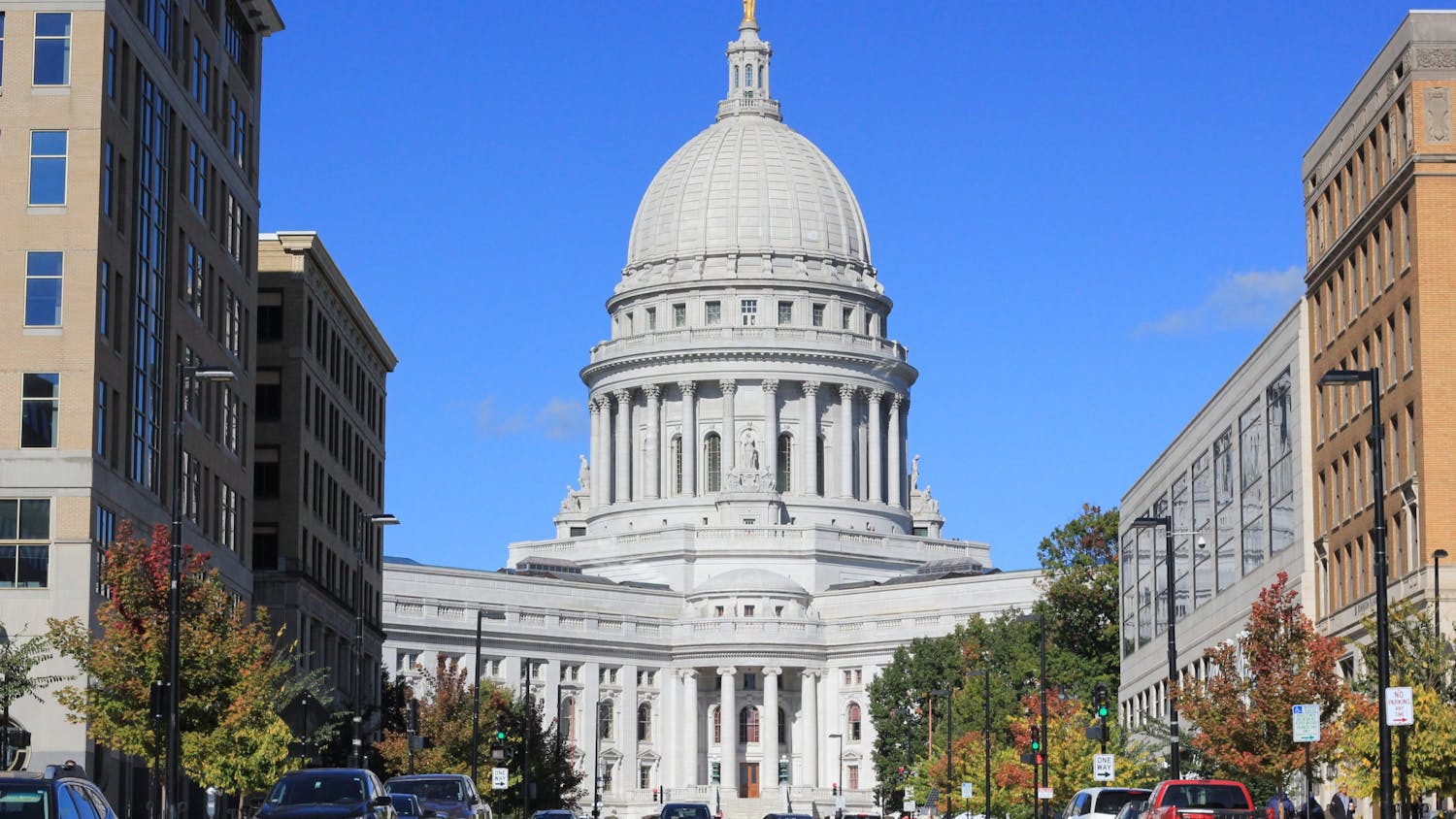The University of Wisconsin–Madison announced a new partnership establishing the Forward BIO Initiative on Thursday, thanks to a $750,000 grant from the Wisconsin Economic Development Corporation.
“The Forward BIO Initiative will have everything it takes to amplify the impact of Wisconsin’s innovations in biomanufacturing,” said William Murphy, a professor of biomedical engineering and orthopedics at UW–Madison.
Biomanufacturing is defined as the use of advanced biotechnology manufacturing to produce biomaterial for medicines, food, pharmaceuticals, and medical devices. Biomaterial can include things like stem cells, bone substitutes and collagen membranes.
The initiative will consist of the Forward BIO Institute located at UW–Madison, Forward BIOLABS located in University Research Park, and BioForward Wisconsin, which will advocate and develop connections between the private sector, government, and the university.
Forward BIOLABS will be a nonprofit shared laboratory facility with the goal to “help startups succeed by providing fully equipped, maintained, supported lab space.”
Robert Drape, co-founder of Forward BIOLABS, said the extra lab space and offices will provide easier access for those looking to commercialize even if they’re lacking the startup equipment and infrastructure.
“Our approach is not, ‘Here’s the money, go build a lab.’ Instead we are connecting you to resources that can take a promising idea all the way to the finish line. Whether you are a biomanufacturing student, inventor company, or supporter, we want you to become part of this initiative.”
The announcement comes hot on the heels of the recent announcement of a large STEM partnership with Foxconn Technology Group, though the Forward BIO Initiative has largely been funded by the Wisconsin Alumni Research Foundation (WARF) and the Wisconsin Economic Development Corp.
WARF has provided $200,000 for funding directly for Forward BIOLABS, while additional funding for the Forward BIO Institute will be provided by the UW–Madison School of Veterinary Medicine, College of Engineering, School of Medicine and Public Health, and the Grainger Institute for Engineering. These schools also will provide workspaces and labs as needed for the initiative.
“Forward BIO Initiative’s scope will be quite broad,” said Lisa Johnson, CEO of BioForward. Chancellor Rebecca Blank reinforced the interdisciplinary approach: “it is interdisciplinary collaboration that most pushes the frontiers of science and sparks new ideas. This is the best way to attack really complex problems.”
While Forward BIOLABS will focus on partnering with UW–Madison facilities, Forward BIO Institute emphasizes their role as a “catapult” that will push new technologies developed within the initiative into the private sector.
This includes forming partnerships with businesses early to increase the speed at which research progresses from bench to bedside.
“This initiative will streamline the process from innovation through commercialization and strengthen Madison’s biomanufacturing presence,” said Robert Drape, co-founder of Forward BIOLABS. Drape also is executive director of WiCell, which supplies stem cells to a worldwide market. Stem cells are a major new development in biomanufacturing that will see a much greater need as technology progresses.
While the initiative largely focuses on their mission on a worldwide scale, Blank emphasized the opportunities for students on campus as well: “The initiative happens to be a great way to create extraordinary learning opportunities for our undergraduates – the kinds of educational programs and internships only possible at a major research institution.”






